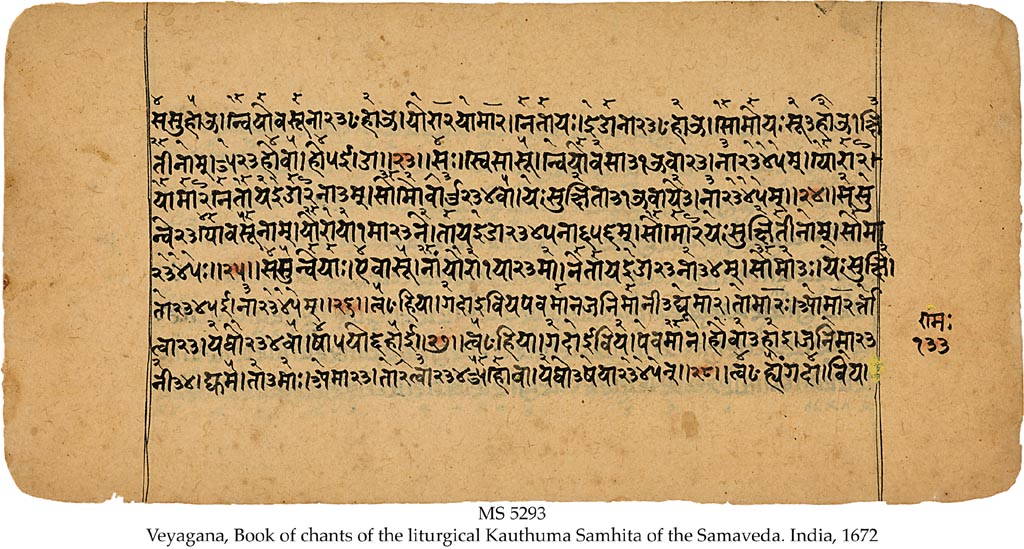If you ever ask me to lend you a book, I’ll probably make up some elaborate excuse about why I can’t—that is, if I don’t flatly refuse. I try to keep my books immaculate and I always treat them gently; I know that many people aren’t so pedantic. Thus, rather than risk getting back a damaged book, I just don’t lend them out.
I understand that books will age with time and love, but I do my best to help my books do so gracefully, and not before their time. Thus I’ve been known to send them back to Amazon if they arrive imperfect in any way. I privately weep when I see scuffs at their corners or little indentations… And the surest route to a sour mood is discovering a crease in a page. Books are special to me. It’s probably overly cliche to say that they’re my children, but it’s something like that. Books are lower-maintenance, at least.
I know I’m not the only one. A number of my friends are this way. Jorge Luis Borges was. And perhaps you are, too.
Where does this come from? I think it has a lot to do with sacred texts.
Until a few hundred years ago, writing was quite rare; few could write, and few could read. Thus, only important things were written down, and it took a thing of tremendous importance to be preserved.
Interestingly, Hindu priests originally resisted the transcription of the Vedas because they thought it would make these sacred poems too accessible, too commonplace. Everyday things are not important, and they certainly are not powerful. (There was certainly also an element of fear for their own social status as the purveyors of a scarce resource.) Perhaps this is why, when sacred things were finally committed to writing, we were conditioned to treat them with supreme reverence.
From there we witness a phenomenon known as the cult of the book: texts are often seen as sacred objects, even apart from the contents of their words. Regarding the Lotus Sutra, for example, a Buddhist text, it was promised that anyone who copied, or even paid someone to copy, the text would live a trouble-free life. Similar beliefs were held for other Buddhist texts: Merely seeing or holding them were esteemed as actions of great merit.
This concept has culminated in the modern-day Sikh holy book, Guru Granth Sahib, which is thought of as a living guru of the faith. It’s even written in its own, dedicated script. This book is treated with the utmost respect by Sikhs: It is kept on a raised platform, often under a canopy of feathers, and it is never allowed to touch the ground. When in the presence of the book, Sikhs cover their heads and remove their shoes. In Sikh homes, it is not uncommon for this book to have an entire room of its own.
So meticulous is the treatment of the Guru Granth Sahib that it was copied by hand only until 1864, well after the invention of the printing press. Today, most copies are printed, but any copy that exhibits even the most minor of defects is cremated in an elaborate ceremony.
Speaking of printed works in particular, it’s worth noting that the oldest mechanically printed book we know of is the Diamond Sutra, another Buddhist text from China. Fast forwarding to when Gutenberg invented a printing press of his own (though not the world’s first), we can recall that the first book printed in the West was also of a sacred nature: The Holy Bible.
Thus it seems that from this precedent, reaching back to the ancient Brahmans of India, we are conditioned to treat books with respect.
On the other hand, there are plenty of people who are the exact opposite: those who underline and dog-ear freely without thinking twice… the people who make me shudder. What’s up with them?

 Follow
Follow


I have two types of books in my possession: Hardback, new, beautiful books I treat with utmost respect (though just short of wearing gloves before reading them) and old dog-eared falling apart, second-hand paperbacks which I can throw about and make notes in with all manner of coloured pens and highlighters.
I need that second category of books as much as the first!